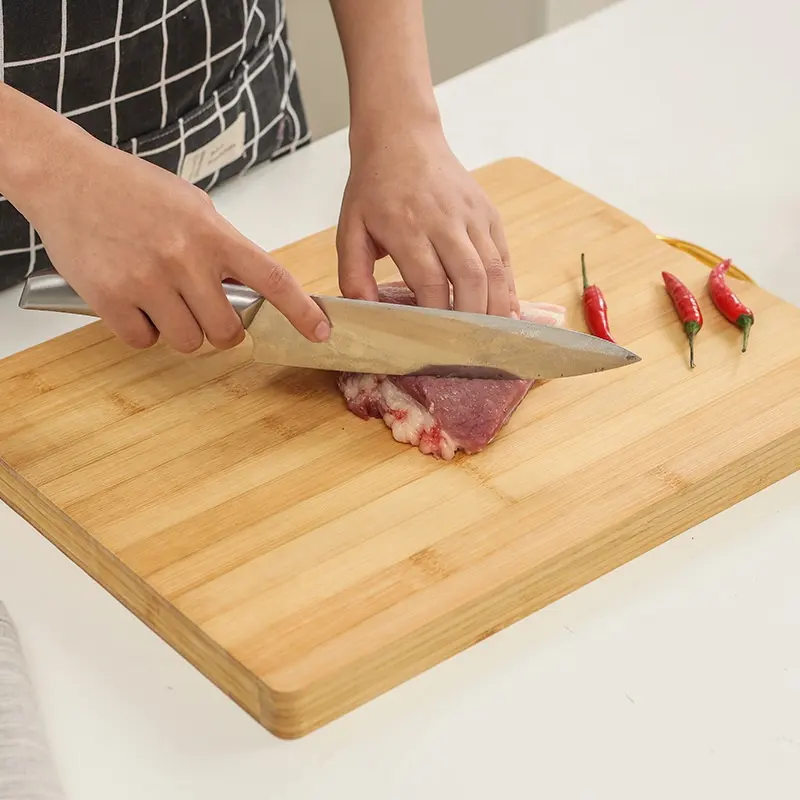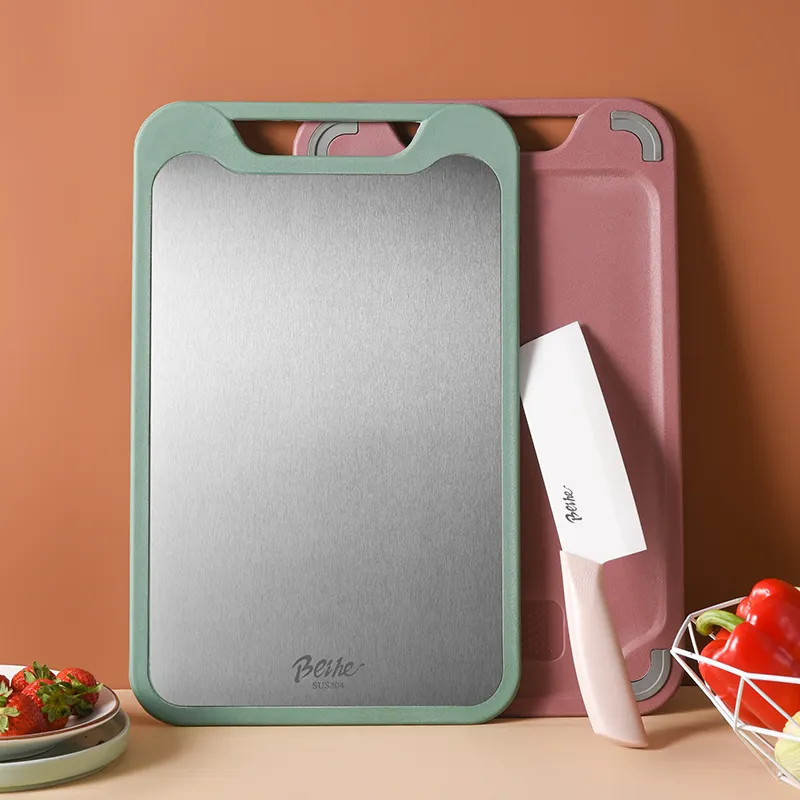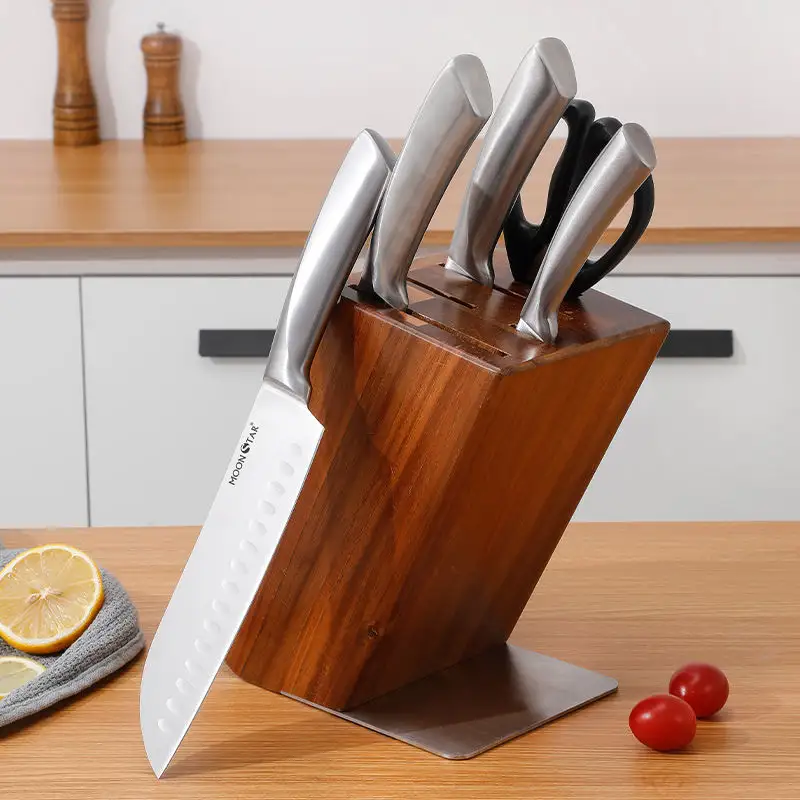Investing in durable kitchen knives is a wise decision for any home chef. Quality knives not only enhance your cooking experience but also provide long-lasting performance. Here are key factors to consider when choosing and caring for durable kitchen knives:
Factors to Consider when Choosing Durable Kitchen Knives:
- Material:
- Blade Material: High-quality materials such as stainless steel, high-carbon stainless steel, and Damascus steel are known for their durability and resistance to corrosion.
- Construction:
- Full Tang: Knives with a full tang, where the blade extends through the handle, are generally more robust and better balanced.
- Forged vs. Stamped: Forged knives are often considered more durable due to the manufacturing process, where the blade is hammered into shape.
- Handle Material:
- Durable Options: Look for handles made of materials like high-quality wood, synthetic materials, or stainless steel. These materials are resistant to moisture and less likely to crack or warp.
- Bolster:
- Sturdy Bolster: A bolster, the thick junction between the blade and the handle, adds stability to the knife. Choose knives with a sturdy and well-designed bolster for durability.
- Edge Retention:
- Hardness: A higher Rockwell hardness rating often indicates better edge retention. However, extremely hard blades may be more prone to chipping.
- Sharpness: A sharp blade requires less force during cutting, reducing the risk of damage to the edge.
- Blade Thickness:
- Durability: Thicker blades are generally more durable and less prone to bending or breaking. However, they may require more effort for precision tasks.
- Tang Design:
- Encapsulated Tang: Knives with an encapsulated or enclosed tang provide added protection to the handle and contribute to overall durability.
Caring for Durable Kitchen Knives:
- Handwashing:
- Always handwash your knives with mild soap and warm water. Avoid using harsh detergents and putting them in the dishwasher, as the high heat and strong detergents can damage the blades.
- Proper Cutting Surfaces:
- Use cutting boards made of wood, bamboo, or soft plastic to avoid dulling the knife blades. Avoid cutting on hard surfaces like glass or ceramic.
- Storage:
- Store knives properly to prevent damage and accidents. Options include a knife block, magnetic strip, or blade guards.
- Regular Sharpening:
- Regularly sharpen your knives to maintain a sharp edge. Use a honing rod or whetstone for maintenance, and consider professional sharpening when needed.
- Avoid Twisting:
- Avoid twisting the blade while cutting, especially when dealing with hard or frozen foods. This can prevent unnecessary stress on the blade.
- Dry Thoroughly:
- After washing, dry your knives thoroughly to prevent corrosion. Moisture left on the blade can lead to rust over time.
- Proper Use:
- Use each knife for its intended purpose. Avoid using knives on hard surfaces or for tasks they are not designed for.
- Regular Inspection:
- Periodically inspect your knives for any signs of damage, such as chips or cracks. Address any issues promptly to prevent further damage.
Investing in durable kitchen knives may involve a higher upfront cost, but the longevity and performance they provide make it a worthwhile investment. With proper care and maintenance, quality knives can become indispensable tools in your kitchen for years to come.



